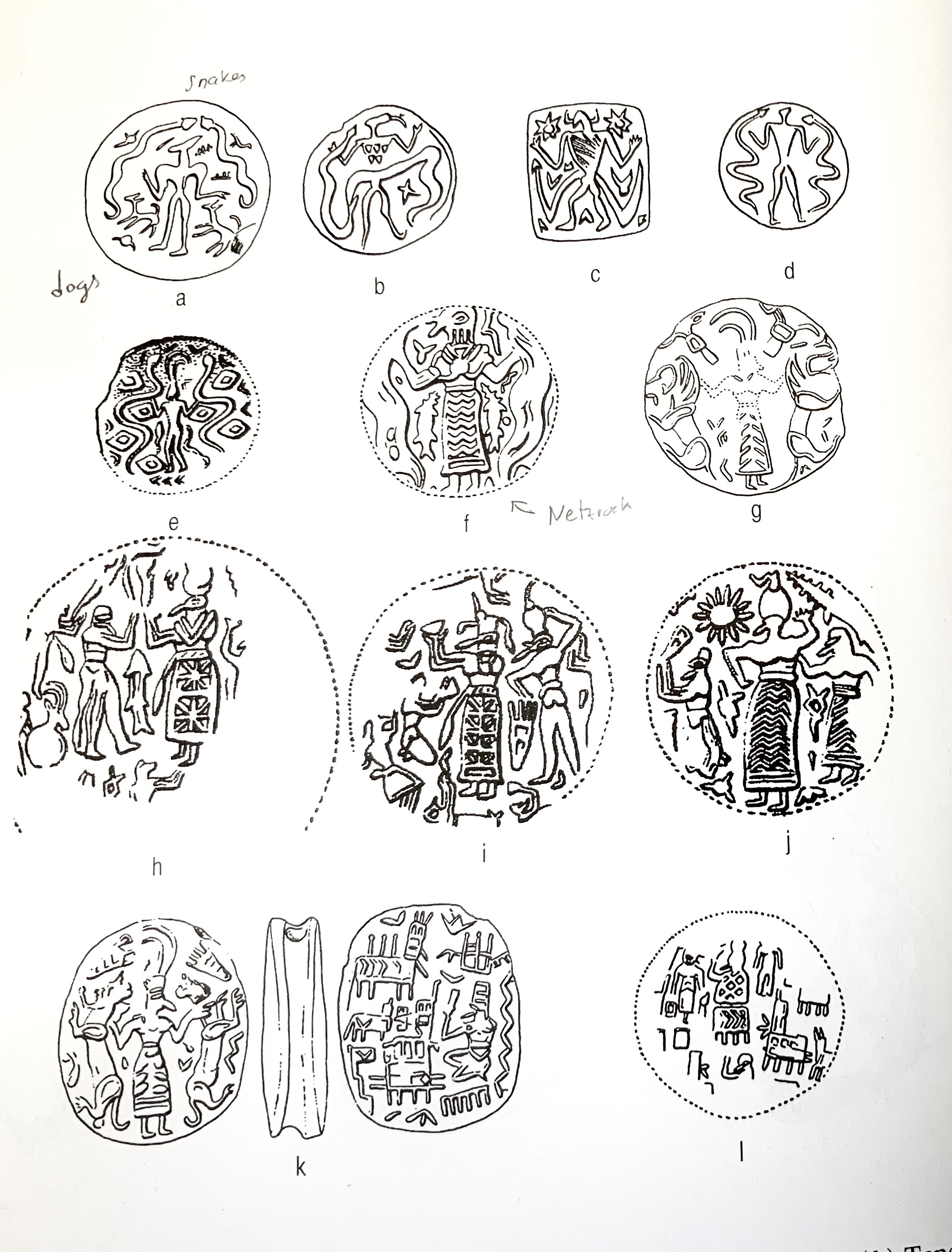susa - pannous/hieros GitHub Wiki
Susa 𐏂𐏁 Çūšā Kush KurSa Shushan in Bible
Sasanian empire / Sassanid Empire / Eran Shahr "Land of Kings / Empire of the Iranians"
The Shahanshah was the sole regent, head of state and head of government of the empire.
𒌷𒋗𒃻𒀭 URU.šu-šá-an Susaⁿ
𒈹𒂞𒆠 Susa MÙŠ.EREN.KI (? muSusa-Iran medina metropolis 𓄟 𓋴 𓋴 ?) 𒀭𒈹𒂞 Susanna (Goddess) ⇔ Isis-Inanna ? (mystic? Muse?) 𒀭𒈹𒌓 KUD₂ Venus <> 𒀭𒈹𒂞 ᵈin Šušinak @ Susa 𒀭𒎏𒈹𒂞 ⁿInšušinak 𒌋𒌋𒀭𒈹𒂞 puzur₃ din šušinak
Su-š-na Susa Elamite
Sušina Susa
𓊃 𓈙 𓈖 𓆸 ši-iš-ni 𒅆 𒅖 𒉌 schön beautiful 𓆹
𓊃 𓈙 𓈖 𓆸 symšon?
Susa ⇔ cedar 𒄑𒂞 ⇔ sugar Iran ⇔ EREN 𒄑𒂞 Elam
≈ Karun river ?
𒋗𒀭𒈾𒆠 Šuanna Babylon ≠ Susanna Susa !?
ה Tamʿti ⇔ 𒋁 •Šamaša
Temi Demi Semi ≈ 𒋁
𒋁 ŠEŠ2 Susa
𒂞 ŠEŠ4 Susa
𒂞 EREN Iran Elam
𒂞 EREN Iran < Elam
𒂞 𒋁 ŠEŠ4 ⋍ ŠEŠ2 Susa < ZATU-499 (proto-cuneiform)
𒅤𒊭 𒀭𒈹𒂞 𒑐𒋼𒋛 𒈹𒂞𒆠 𒄊𒀴 𒈣𒋾 𒉏𒆠
Puzur-Šušina(k) Ensi of Susa, šagin of Elam"
𒋁 ŠEŠ2 Susa
𒋁 •Šamaša?
šu-ši-na
šu-š-na
𒀀𒅆𒂞 er₂šeš₄ Heul Suse "weep(er)"
Susa known as Royal City
Famous emblem : 𐇵 Lotus flower / Royal Rosette
Susa inhabited from as far back as the 8th millenium BC, became important after the 6th.
Connecting Vinca Samara Sumerian Ubaid Eridu Uruk Maykop … and Mehrgarh
During the Ubaid, Susa was on a corridor spreading stamp seals from Anatolia down to Jiroft, before they arrived in Irak! It was an advanced city until the Uruk period when it was lagging behind the new Sumerian force.
It evolved the Tepe Gawra tradition of depicting the master of animals into complex iconographic depictions of rituals:

Can we see the evolution from shamanic masters of snakes to priestly/kingly masters of bulls and lions to kingly/godly master of humans?
Tamer of beasts motive also on bulae:
Home of different Elamite scripts
Tomb of prophet Daniel in Susa, vision of a Ram and Goat (see Elam and Goth).
Most famous palace: ApaDana
Susa was conquered and subsequently fortified at the end of the Ubaid. Apadana district surrounded with 7m thick walls between 4200 and 3900 BC.
Uruk cylinder seals adopted through selective assimilation
Ceramics industry flourished when in the rest of the Ubaid horizon painted wares became out of fashion and replaced by (war-economy) functional dull pottery. cups, dishes, jars, 𓎡 goblet with a single handle 3k BC .
Susa is situated in Khuzestan, one of the hottest parts of Iran, if not the world.
Rivers EuLaeus𓃬, KarKeh=Choaspes𓃗𓆭, Karun and Dez
EuLaeus also known as Ulai𓃭 and Dez.
Note the four rivers with feline names:
𓃬 Tiger Tigris Hiddekel
𓃮 LeoPard EuPhrates
𓃭 Lion EuLaeus
Missing: 1. Pison Panther? 2. Gihon Karun GePard cheetah? 𓎼𓂋 shikâr شكار ⇔ Schirkan™ Cats
Susa was important center of the Medes empire.
Elam
Sumerian: 𒉏𒈠𒆠 NIM.MA ki (•Niram/Neilama/•NagarLam) ⇔ 𓆛 namak נוּנָא 𒈾🐟🐠🐡
Elamite: 𒁹𒄬𒆷𒁶𒋾 haltamti ƒ Susemit?
Hebrew: עֵילָם ʿÊlām
Old Persian: 𐎢𐎺𐎩 Ur V'LLian ♀
𐏂𐏁 Çūšā Kush HinduKush ≠ Hinter-Kush
Sassanid Empire 224–651 𐭠𐭩𐭥𐭠𐭭𐭱𐭲𐭥𐭩 Ērānshahr
The Lurs are most closely related to Kurds and ancient elamites
Daniel ⇔ Lion reverse
Important Gods:
𒀭𒀝 Nabu (god)
𒈾𒀊𒅕 napir (god)
Father Adad: weather
Nusku: light and fire ⇔ 𒀯𒉢 NUr:light 𒀭𒂟⇔ 𒃸 ≠ 𒁔 bright
Enki: crafts
Šala: rain
Šamaš: sun
Humban: heaven and cedars ⇔ Humbaba ⇔ Enlil husband of

InŠušinak: Lord of Susa 𒀭 𒈹 𒂞 𒆠 (Ana-Muš-Eren-iKi) rišar napappair, "greatest of gods" ⇔ NinUrta
InŠušinak: 𓂺 fertility god
Napiriša: 𒈾𒀊𒅕 napir.earth (consort:)
Napiriša: 𒀭𒀝 Nabu.riša (Riesen-Gott) 𒈾𒀊𒅕 napir 𓈖𓂋𓏏𓏯𓅐 ⲛⲟϣⲉⲣ "vulture"
Kiririša: 𒆠𒊑 𒊑 ša mother mistress =
Pinikir: Phoenike Φοινίκη Phoenice Venus
Pinikir/Pinengir: love, sex and protection (Venus), also worshiped by Hurrian and Hittites!
Pinikir: kikki gilira, "mistress of heaven." (Humban), astral warrior deity (Phoenike), similar to Ishtar.
Hutran: war
Simut: guardian over Elam (Semit? Smith?) Samut “Son of Mut” Egyptian Second Prophet of Amun
Eight Deities of Food(rations): Nap-ratep
Awan Dynasty 2340 BC +- 100y.
defeated by Gutians
Šimaški (sun) dynasty ⋍-2000BC
Sukkalmah "Grand Regent" vassal dynasty (of Akkadians) ⋍-1500BC ⇔ Hiksos
Military clashes with Babylonia (of cause)
Kidinuid dynasty 1500-1210 BC regainded independence after collapse of Old Babylonian Empire.
Šutrukid dynasty: Unified kingdom of Elam blossomed Šutruk-Nahhunte II one of most powerful figures in his time
Married daugter of Kassite and Babylonian king
Military campaigns into Babylonia, capturing 700 cities, plundered capital Babylon
capturing Marduk statue and Hammurabi Code stele and Victory stele (made ⋍2222BC)
Babylonia came under Elamite rule
Much building: baked brick temple
Nebuchadnezzar I defeated Elam, starting Dark Age
The role played by Susa, in southwestern Iran, is an intriguing one in the history of early writing; 184 documents are known from this site, all dated to the Uruk V phase or earlier. The first cylinder sealings on clay bullae are attested in Susa by the Middle Uruk period, far earlier than in Uruk itself.
𒀭𒈹 Isis <?> 𒀭𒈹𒂞 Susanna (Goddess) @ 𒈹𒂞𒆠 Susa ⇔
𒀭𒈹𒂞 Susanna ⇔ ᵛInanna ♀ •Svianka 𓋴 𓋹 𓈖 𓐍 •Sbianka 𓋴 𓃀 𓇼 𓏤 star sΦαίνων
In some instances, sugar and sugar cane have been given as the meaning of Khuz. Khūzī @ Khuzestan خوزستان > Susiana Susa chuzian≈chuzistan? Elam